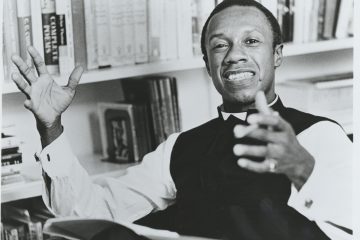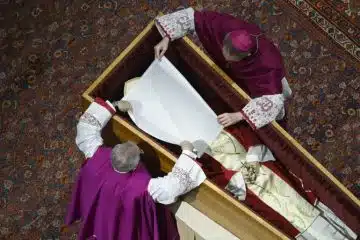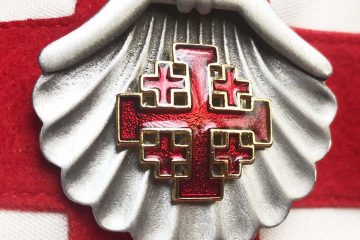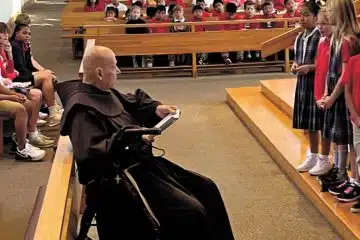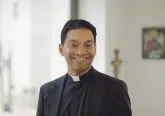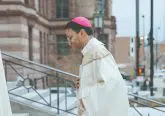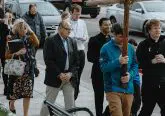The Catholic Moment: Truly dignified
Thursday, September 16, 2010
By Father Earl Fernandes
In early September I visited retired priests at St. Charles Seminary in Carthagena. Father Jim Byrne had just celebrated his 99th birthday, and Father Anselm Boeke his 92nd. Father John Bensman at 80 was the “spring chicken.” They were inspirational and truly joy-filled. What impressed me most was their ever-deepening commitment to prayer and sacrifice.
This summer I offered 10 Masses at St. Margaret Hall in Cincinnati, which is operated by Carmelite Sisters of the Aged and Infirm. Each day I would see the loving care the Sisters and others provided for the elderly. Just as impressive was the fidelity and gratitude of the residents, who came each day to Mass and offered their prayers and sufferings for the sanctification of the world.
Some Catholic women asked if I would offer Mass on Friday afternoons at the Beechwood Home, a residence in Cincinnati for disabled adults. Some were born with disabilities; others were victims of stroke, accidents or trauma. I tried to learn the names of each person. Each person was important. They, too, impressed me with their deep faith. They promised prayers for our seminarians. Each person was committed. Their faith was strong, and despite their sufferings, they were dignified. The Catholic volunteers and caregivers affirmed their dignity.
Unfortunately, many people today view the elderly and disabled as burdens on society. After all, the young, good-looking, working members of society are more important to society. Aren’t they? Aren’t they the ones everyone admires? The elderly and disabled are too expensive. They aren’t productive anymore. Some suggest we would be better off without them.
Such attitudes toward the elderly and disabled offend Catholic sensibilities, but they reflect a growing misunderstanding of the concept of human dignity. In Catholic teaching, we speak of “respect for the dignity of the human person.” What is dignity? Dr. Edmund Pellegrino contends that our culture tends to favor a concept of attributed or personal dignity, in which dignity depends on “the capacity for ‘meaningful relationships,’ social worth, the quality of life, freedom from disability, satisfaction of aspirations, autonomy, and dozens of other capabilities as judged by humans to be important for human happiness.”
For example, disability is seen as robbing a person of his dignity. Problems arise when one ascribes the intrinsic value of a person to the perception of a person’s attributed dignity. The disabled or elderly person is particularly vulnerable when he or she is seen as having “less worth” because he or she does not “function” at the same “high” level as others. They may be subject to exploitation and discrimination when it comes to finite financial and healthcare resources.
In contrast, another understanding of dignity is that of inherent or basic dignity. This is a universal moral quality. A person does not earn it, nor can it be taken from the person. Inherent dignity provides a prima facie reason for not exploiting a vulnerable person. Inherent dignity is rooted in being made in God’s image, not on our age, abilities, looks or productivity.
During the celebration of the Jubilee of the Disabled, Pope John Paul II preached: “In your bodies and in your lives, dear brothers and sisters, you express an intense hope of redemption. . . . Indeed, every person marked by a physical or mental difficulty lives a sort of existential ‘advent,’ waiting for a ‘redemption’ that will be fully manifest… only at the end of time. Without faith, this waiting can be tinged with disappointment, and discouragement; supported by Christ’s word, it becomes a living and active hope.”
We often speak of defending the dignity of the unborn person; the moment has arrived for Catholics to affirm and defend the dignity of the elderly and disabled person. They are not useless or unproductive. They are God’s children, and their prayers are powerful. In this moment, they are perhaps the most dignified members of society because they are witnesses to hope!
Father Fernandes is an assistant professor of moral theology and dean of Mount Saint Mary’s Seminary of the West.


